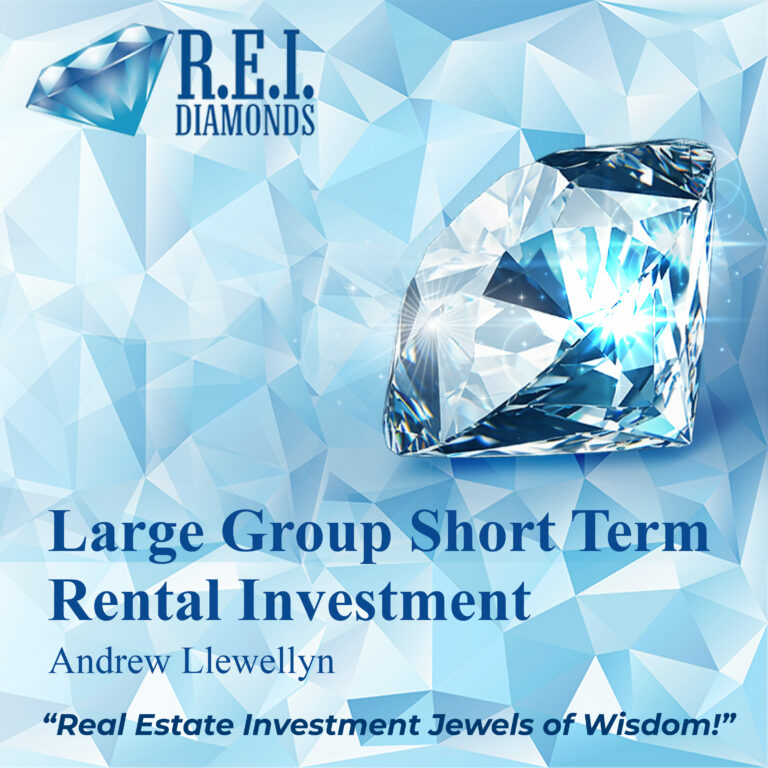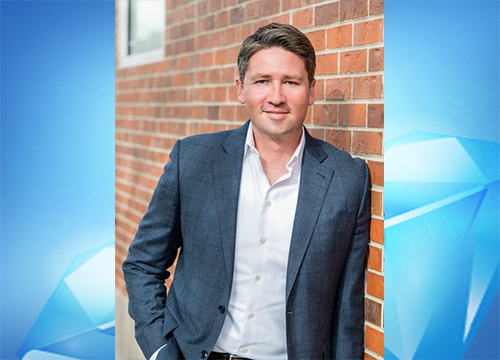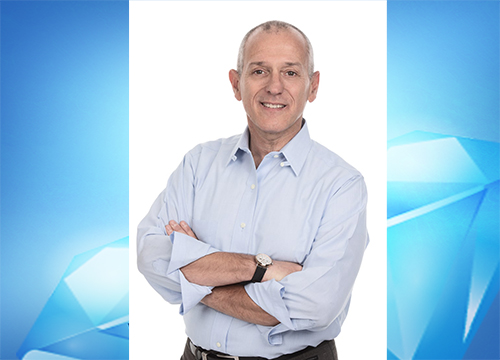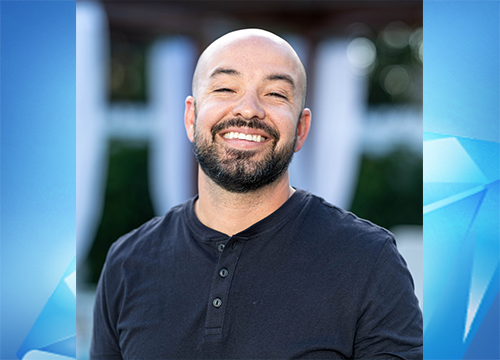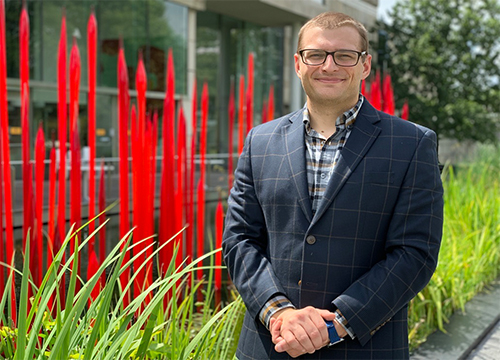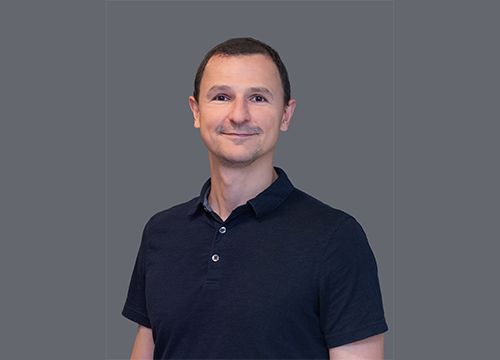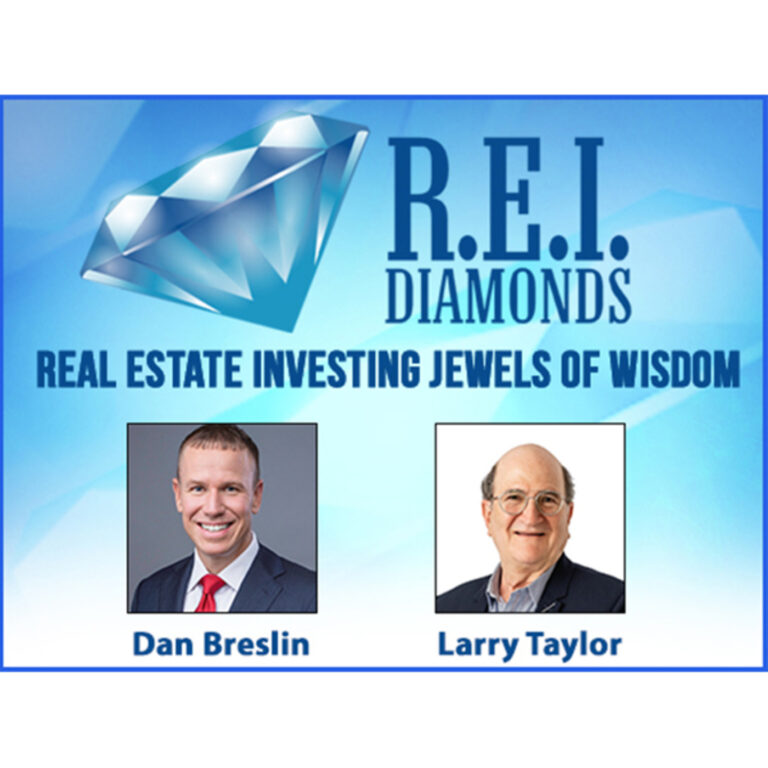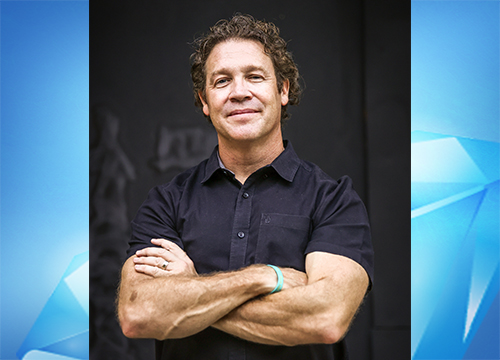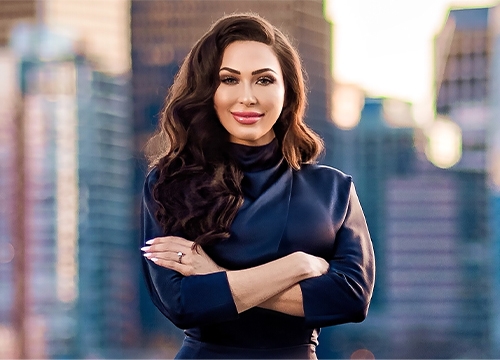
Skylines and Strategies: Navigating New York City Real Estate with Bob Knakal
Guest: Join us in this episode as we sit down with Bob Knackal, Head of the New York Private Capital Group at JLL, a seasoned investment sales broker with a 40-year career in the dynamic New York City real estate market. Bob shares insights into his impressive journey, highlighting his role in transforming the skyline through strategic land deals and development projects.
Big Idea: Bob Knakal takes us on a journey through his four-decade-long career in the New York City real estate market. From the early days as an investment sales broker to leading the New York Private Capital Group at JLL, Bob shares key strategies for success, highlighting the importance of expertise, data-driven decision-making, and product specialization. The discussion delves into the nuances of the market, examining recent corrections, development opportunities, and the unique challenges and advantages of navigating the complex world of New York City real estate. Bob’s insights provide valuable lessons for both seasoned professionals and those looking to make their mark in the ever-evolving real estate landscape.
Dan Breslin: All right, Bob Knakal, welcome to the REI Diamond Show. How are you doing today?
Bob Knakal: Great, Dan, thanks so much for having me on.
Dan: Yeah, when the booking agents had gotten the request I said, “Oh, wow, this is cool.” Bob Knakal just applied to be on the show. We’re going to approve that one, and then they finally got our schedules to Massey, and here we are. So I was excited to have you on the show, but maybe for listeners who don’t know the name, Bob Knakal, you could give a Reader’s Digest version about who you are and the highlights of your career today.
Bob: Sure, absolutely. Well, Bob Knakal, I currently am the head of the New York Private Capital Group at JLL. I’ve been an investment sales broker in New York City for 40 years now. For 26 of those years, from 1988 to 2014, I owned and ran a company called Massey Knakal Realty Services. We were investment sales in New York. Co-Star started tracking the marketplace in 2001. And in 2001, we were surprised to see that we had sold more buildings than any other company. And from 2001 to 2014, the number two company in New York sold a little over 1300 buildings. Massey Knakal sold over 4000. So we lapped the field by more than three times. Sold the business to Cushman and Wakefield in 2014 for $100 million. And I was three and a half years at Cushman, five years now at JLL. I think Dan, the thing that I’m most proud about our firm was that number one, we focused on culture training servant leadership mentality. And that has very tangibly manifested itself. Today, in New York City, there are 29 investment sales brokerage companies or divisions of companies that are either owned by or run by people who learned the business at Massey Knakal. So the legacy is significant and something I’m very proud of. Last week, I closed transaction number 2321. It’s about $22 billion worth of sales. And fortunately, even though I’m in year 40, I still love this business as much today as I did the day I started. And that’s what keeps me going.
This Episode of The REI Diamonds Show is Sponsored by the Deal Machine. This Software Enables Real Estate Investors to Develop a Reliable & Low Cost Source of Off Market Deals. For a Limited Time, You Get Free Access at http://REIDealMachine.com/
This Episode is Also Sponsored by the Lending Home. Lending Home Offers Reliable & Low Cost Fix & Flip Loans with Interest Rates as Low as 9.25%. Buy & Hold Loans Offered Even Lower. Get a FREE IPad when you Close Your First Deal by Registering Now at http://REILineOfCredit.com
Resources mentioned in this episode:
For Access to Real Estate Deals You Can Buy & Sell for Profit:
https://AccessOffMarketDeals.com/podcast/
Bob Knakal & I Discuss New York Real Estate:
- Expertise and Differentiation: Bob emphasizes the importance of becoming an expert in a specific niche of the market, using statistics rather than adjectives to answer key market questions.
- The Map Room Advantage: Bob discusses the creation of the Map Room, a unique data set that tracks every building under construction and potential development site in New York City, providing a competitive advantage in selling land.
- Product Specialization: Bob talks about the shift from geographic orientation to product specialization in recent years, focusing on specific property types such as land transactions and multifamily properties.
- Market Correction Dynamics: Bob provides a detailed overview of the New York City real estate market’s recent corrections, emphasizing the autonomy of different product types and the changing behavior of lenders in response to market conditions.
- Development Opportunities: Explores ongoing development opportunities in various sectors, including the challenges and prospects in the condo land market, the impact of rezoning projects, and the transformation of the hotel market.
Relevant Episodes: (There are 238 Content Packed Interviews in Total)
- The Future of Commercial Real Estate Investing in Major Cities with James Nelson
- Aaron Lockhart on Doing Deals with Diamond Equity
- Josh Inglis on Building New Construction & Selecting Rentals on Chicago’s South Side
- Taylor Loht: Navigating Multifamily and Self-Storage Real Estate Investments
- Navigating Real Estate Investment: From Young Enthusiast to Mobile Home Parks with Mitchell England
The transcript of this episode can be found here.
Transcripts of all episodes can be found here.

